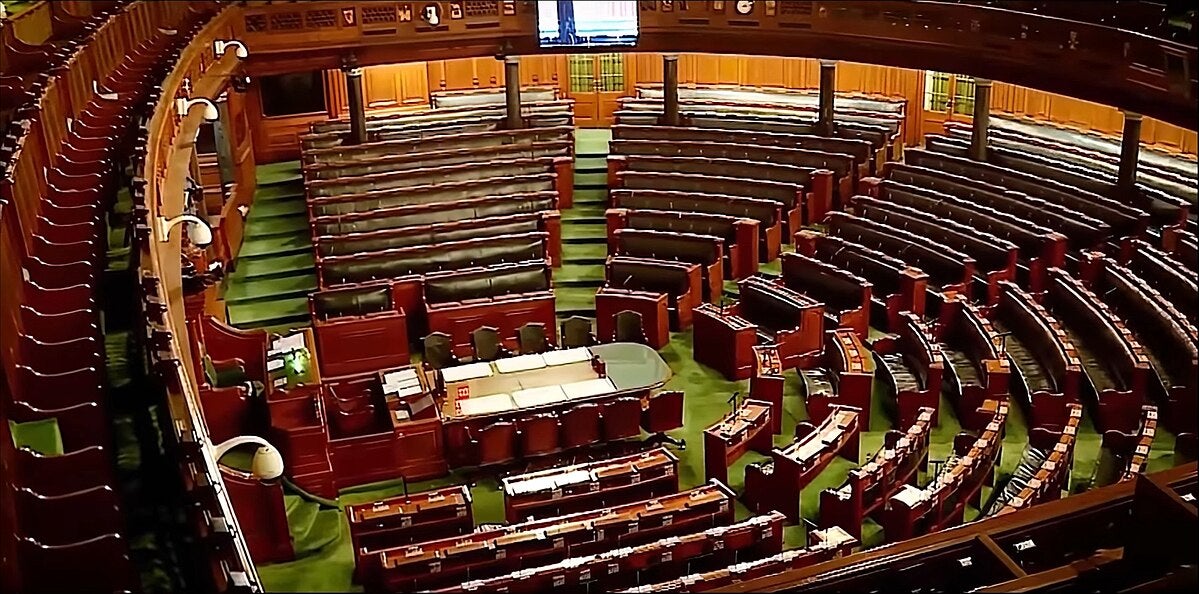Regulatory Void Stalls Gaming Ban
India’s August prohibition on all real money online gaming platforms, encompassing skill-based contests like fantasy sports and poker, as well as chance games, has left the policy in legislative limbo. Authorities have failed to issue the mandatory notification required to enforce penalties or compel financial institutions to cut ties with prohibited services.
Technology attorney Jay Sayta highlighted the paradox, stating, “The government, which passed the legislation with alacrity—completing the entire process from cabinet approval to presidential assent in less than 96 hours, is now unable to issue a notification appointing a date to bring the law formally into force for the last three months.”
This delay forces banks to legally continue processing transactions for banned platforms, while operators exploit the enforcement gap. Only esports and non-monetized educational games are spared from the crackdown, receiving continued state endorsement.
Massive Sector Losses
India’s gaming industry has hemorrhaged over Rs70 billion (US$840 million) in valuation write-downs since the ban’s announcement, marking one of the fastest financial collapses in the sector’s history. Flutter Entertainment took a US$556 million hit as its Jungle Games unit halted cash-based rummy operations. The company reported a $789 million quarterly loss driven by the shutdown, which CEO Peter Jackson called “sudden and unexpected.”
Drained Revenue
Nazara Technologies erased Rs9.15 billion from PokerBaazi parent company Moonshine Technologies’ valuation, while Canada’s Clairvest wrote off Rs7.6 billion on Head Digital Works, citing “material” strategic damage. Delta Corp lost stakes in three gaming firms, wiping out Rs 3.8 billion in value. The collateral damage intensified with Paytm’s net profit plunging 98% and Mobikwik’s losses rising eightfold. UPI gaming transactions nosedived from 351 million in July to 270 million after the ban.











.jpg)
























